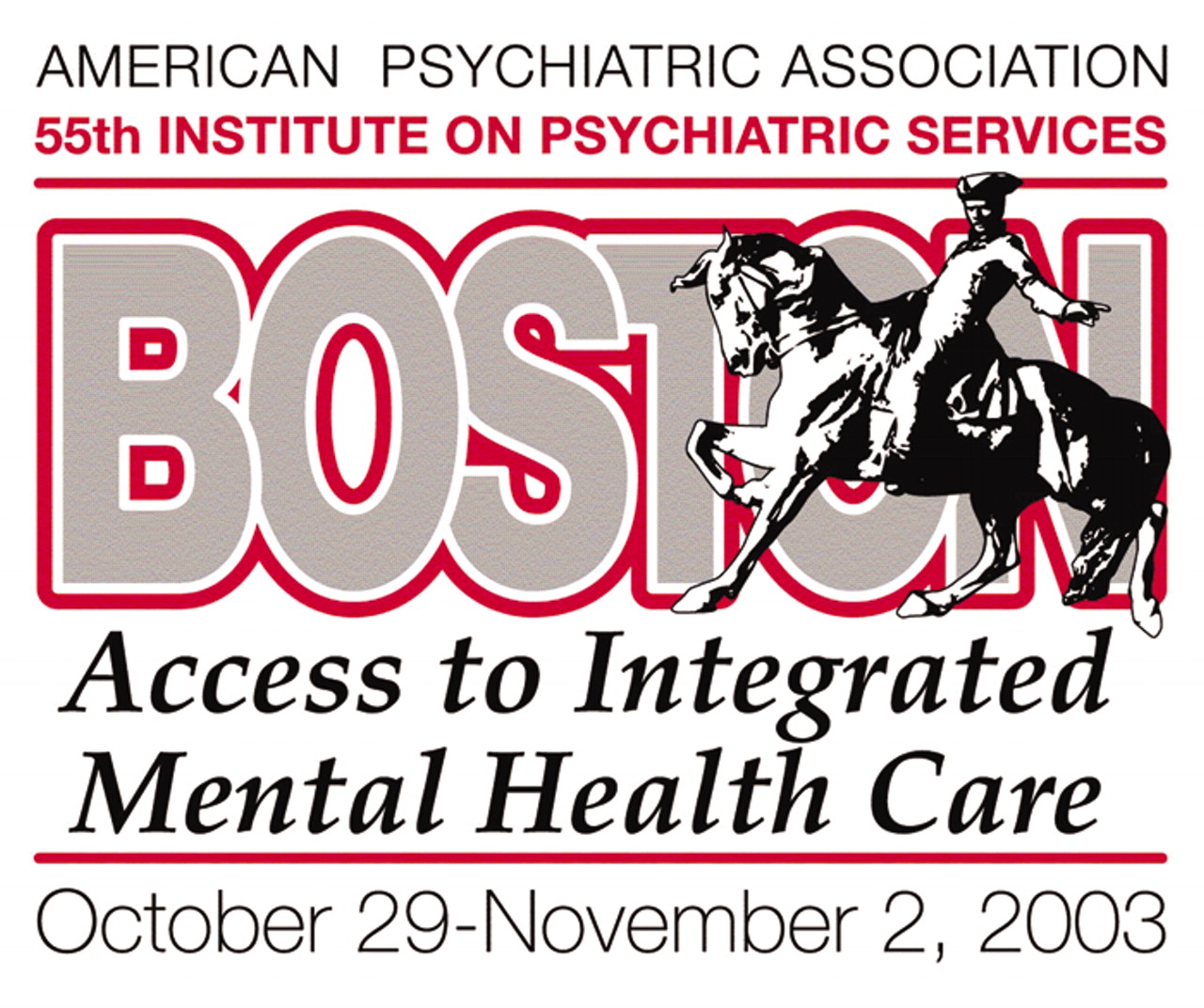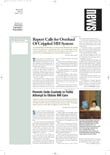The AIDS epidemic is not what it was 20 years ago. Patients with HIV infection and AIDS are living longer and being treated for increasing periods of time. Because people infected with HIV are living longer, the need for services from medical and mental health providers will continue to grow. The diagnosis and treatment of the neuropsychiatric aspects of HIV infection have become more important to an ever-widening range of mental health care clinicians.
In collaboration with Columbia University, APA’s Office of HIV Psychiatry will offer a full-day neuropsychiatric training session titled “The Impact of HIV on the Brain and Behavior” at APA’s 2003 Institute on Psychiatric Services. It will be held on Friday, October 31, from 8:15 a.m. to 5 p.m., at the Boston Marriott Copley Place, where all institute sessions will be held.
The morning session will be devoted to the delivery of a new comprehensive, model curriculum developed to train a multidisciplinary audience. The curriculum illustrates how to incorporate HIV/AIDS neuropsychiatric knowledge and skills into clinical practice using available resources and clinical opportunities. HIV-related neuropsychiatric clinical disorders and symptoms will be reviewed, as will basic treatment strategies.
The morning session will also provide participants with strategies for evaluating the mental status of patients and tools for successful treatment intervention and referral.
Following lunch, participants will discuss the issues surrounding risk patterns and the challenges to HIV prevention and risk reduction in patients with mental illness. This will be followed by a panel discussion led by individuals who are HIV positive.
This year the Office of HIV Psychiatry is offering an additional lecture by Francisco Fernandez, M.D., titled “Neurobehavioral Complications of HIV Infection.” In his lecture, which will be held Saturday, November 1, at 10 a.m., Fernandez will cover HIV-associated complications of the central nervous system and address pharmacologic and nonpharmacologic interventions.
“It is vital for all psychiatrists and mental health professionals to be involved in the diagnosis and treatment of HIV/AIDS patients,” said Fernandez. “Understanding HIV-related neuropsychiatric conditions, including HIV-1 associated dementia and minor cognitive-motor disorder, is critical.”
Reservations are required, as lunch availability is limited. Those interested in attending are asked to contact the Office of HIV Psychiatry by phone at (703) 907-8641 or by e-mail at [email protected]. ▪

